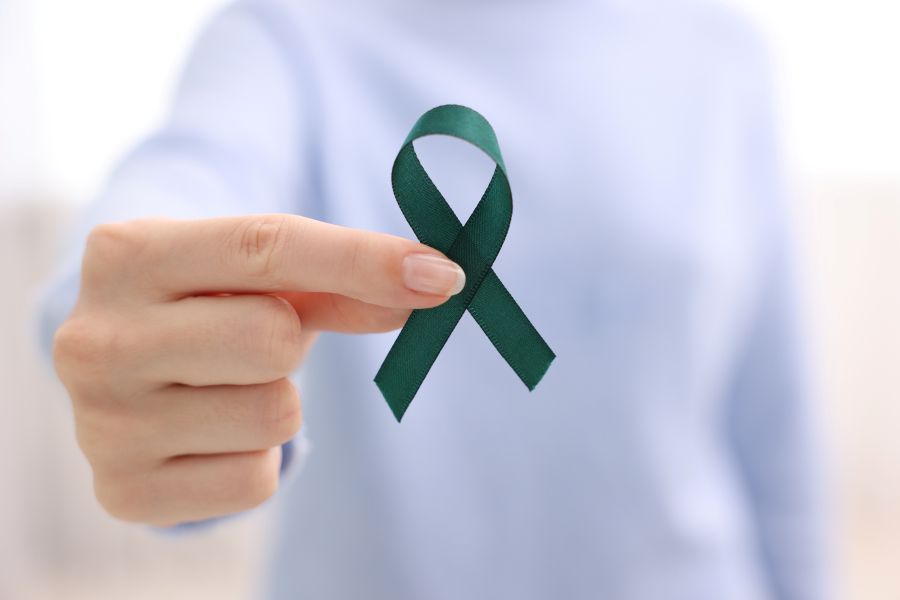
“Understanding ovarian cancer can save lives,” said Dr. Michelle Glasgow, a board-certified gynecologic oncologist with Atlanta Gynecologic Oncology.
Dr. Glasgow recently discussed the importance of understanding this often-misunderstood disease.
“The awareness of the symptoms which women can develop, which are a sign of ovarian cancer, is very important. It is a cancer that is often diagnosed at a later stage, but it doesn’t have to be,” she said.
Understanding ovarian cancer
Dr. Glasgow explained that ovarian cancer is an umbrella term for cancers starting in the ovaries, fallopian tubes, or the peritoneum — the lining of the abdomen and pelvis.
“Not all ovarian cancers are the same,” she said.
There are three main types: epithelial, germ cell and sex cord-stromal tumors. Epithelial tumors are the most common and are often diagnosed in postmenopausal women, while germ cell tumors typically occur in teens and young adults, and sex cord-stromal tumors affect both younger and older women.
Epithelial ovarian cancers account for the majority of diagnoses and deaths.
Risk factors and prevention
Genetic mutations are among the strongest risk factors for ovarian cancer.
“Women who have a family history of breast cancer or have relatives who’ve had prostate cancer, pancreatic cancer or colon cancer may have a mutation which increases the risk of ovarian cancer,” Dr. Glasgow said.
Other risk factors include endometriosis and infertility, while protective factors include breastfeeding, birth control and tubal ligation.
Genetic testing is recommended for women with epithelial ovarian cancer, as it can influence treatment and help family members understand their own risk.
“If a patient is found to have a genetic mutation, then that can alter her risk of other cancers and may impact the course of her treatment,” Dr. Glasgow explained.
Symptoms and diagnosis
Ovarian cancer symptoms are often subtle and easily mistaken for other conditions. Common signs include bloating, abdominal pain, early satiety, changes in bowel habits and unusual vaginal discharge.
“A patient’s symptoms may not actually indicate how severe the cancer is or how much spread their cancer is,” Dr. Glasgow said.
Diagnosis ultimately requires a tissue biopsy, as imaging alone cannot confirm cancer.
Treatment options
Treatment is multifaceted and individualized. Surgery to remove visible cancer is a mainstay, often combined with chemotherapy either before or after surgery. Targeted therapies, hormonal treatments and clinical trials are also options.
“Tomorrow’s standard treatments are today’s clinical trials,” Dr. Glasgow said, emphasizing the importance of participation in advancing care.
Outcomes have improved significantly, especially when a gynecologic oncologist is involved.
“Research has shown that women with ovarian cancer, where a gynecologic oncologist is part of their care team, have better outcomes in terms of survival,” she noted.
Taking action
Dr. Glasgow encourages women to know their bodies, seek evaluation for persistent symptoms and discuss family history with their doctors. Resources such as the Georgia Ovarian Cancer Alliance and Cancer Support Community Atlanta provide education and support to patients and their families.
Dr. Glasgow recommends obtaining second opinions if patients have any concerns about treatment recommendations from their oncologist or have unanswered questions.
Learn about how to get a second opinion at Northside.
Learn more about ovarian cancer diagnosis and treatment at Northside Hospital Cancer Institute.

